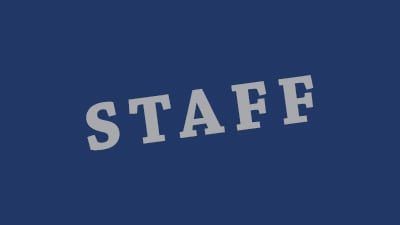
Home » Revenue leads tax relief effort for sports leagues, recreational activities
Revenue leads tax relief effort for sports leagues, recreational activities

December 30, 2015
To collect or not to collect retail sales tax has been an ongoing question for many sports leagues and recreational organizations. Now there is greater certainty about the taxability of certain fees thanks to recently-approved legislation requested by the Washington State Department of Revenue.
[blockquote quote="The legislation also permanently eliminates sales tax on cover charges imposed by venues that offer the opportunity to dance." align="right" max_width="300px"]
“Distinguishing which recreational activities were taxable has been a thorny issue for Revenue and taxpayers alike, one that we knew needed a legislative fix,” said Vikki Smith, director of the Washington Department of Revenue. “The new legislation provides a defined list of recreational activities that are considered a retail sale. This also levels the playing field between organizations that previously interpreted their taxability differently from one another.”
During the summer Gov. Jay Inslee signed H.B. 1550, which relieves adult recreational and sports leagues and coordinators of amusement and physical fitness activities from collecting the retail sales tax. Nonprofit youth leagues were already exempt from collecting retail sales tax on league participation fees.
The legislation also permanently eliminates sales tax on cover charges imposed by venues that offer the opportunity to dance.
For years, businesses and organizations that provided amusement and recreation activities had varying interpretations of whether they were providing a service or making a taxable retail sale. The lack of definition for “amusement and recreational services” in state law increased the confusion, leading in some cases to unexpected tax bills.
For example, event registrations for marathons have been considered a retail transaction and should have included the retail sales tax.
Beginning Jan. 1, 2016, marathon organizers will no longer have to worry about collecting the retail sales tax and only have to pay the state’s “service and other activities” business and occupation tax.
In other cases, some adult sports leagues – such as soccer and hockey - have collected the retail sales tax on tournaments and membership fees while others have not. Also effective Jan. 1, 2016, the retail sales tax will no longer apply to fees charged to participate in league activities.
Those in the parks and recreation community praised the legislation. “We appreciate the leadership shown by the Department of Revenue to bring clarity and predictability to the sales tax laws for amusement, recreation, and physical fitness services — most notably, their willingness dig-in deeper and truly understand the complexities of this issue by working inclusively with a variety of stakeholders,” said Paul Simmons, director for Olympia Parks, Arts & Recreation. “The newly crafted law will be easier to comply with, and should create a level playing field for all service providers.”
Doug Chase, Spokane County Parks, Recreation and Golf director, the new law will make the sales tax of recreational services much more predictable, rational, and easier to comply with. “It is even more gratifying to know we can now focus on enhancing quality of life for Spokane County residents and visitors by providing amazing recreation programs and opportunities to explore our nearly 14,000 acres of parks, special use facilities, and open space/conservation properties,” Chase said.
The Department of Revenue sought clarifying legislation for the past few sessions with the support of many in the recreational activities industry.
The bill takes effect Jan. 1, 2016, but outreach efforts to affected groups is starting now. The list of activities subject to retail sales tax under the new law is available at www.dor.wa.gov.
Local News
KEYWORDS november 2015





